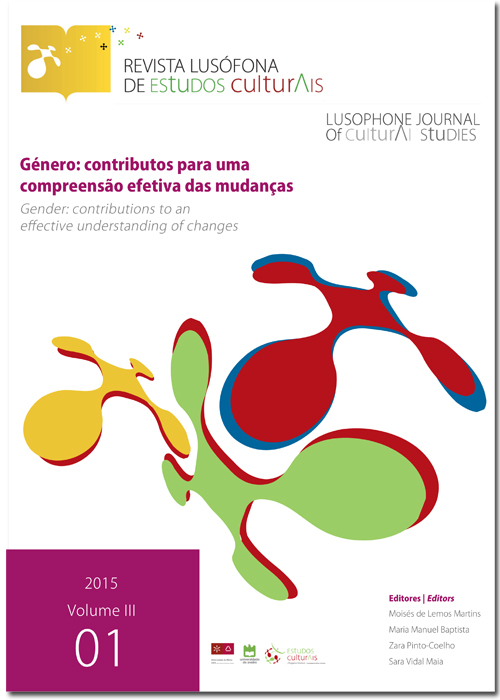Gender and embodiment in world society
DOI:
https://doi.org/10.21814/rlec.96Keywords:
Gender, embodiment, power, colonialism, globalizationAbstract
Feminism contested conservative gender ideologies by emphasising the social construction of gender; but this risked treating gender as disembodied. Gender is indeed fully social, but it is also embodied; it concerns the way reproductive bodies enter human history. The steering of the process of social embodiment is inherently political; it is affected by recent changes in the institutional world. Notably, gender relations are re-shaped in colonialism and post-colonial globalization, themselves gendered processes. In the reconfiguration of power, a new kind of ruling class, organized on a world scale, has been emerging; its masculinized leadership is articulated with local patriarchies in the new economy. Unrestrained neoliberal power leads to new levels of commodification of bodies and new patterns of gendered violence. Resistance and opposition will also require new political configurations.Downloads
Download data is not yet available.
Downloads
Published
2015-06-18
How to Cite
Connell, R. (2015). Gender and embodiment in world society. Lusophone Journal of Cultural Studies, 3(1), 281–287 | 289–295. https://doi.org/10.21814/rlec.96
Issue
Section
Thematic articles
License
Authors own the copyright, providing the journal with the right of first publication. The work is licensed under a Creative Commons - Atribuição 4.0 Internacional License.








